Knowledge of the processes needed to make precursor cells of eggs and sperm gives insights into reproductive biology and infertility.



Knowledge of the processes needed to make precursor cells of eggs and sperm gives insights into reproductive biology and infertility.

Household water sharing is rarely studied by scholars, but is crucial to human survival all around the world.
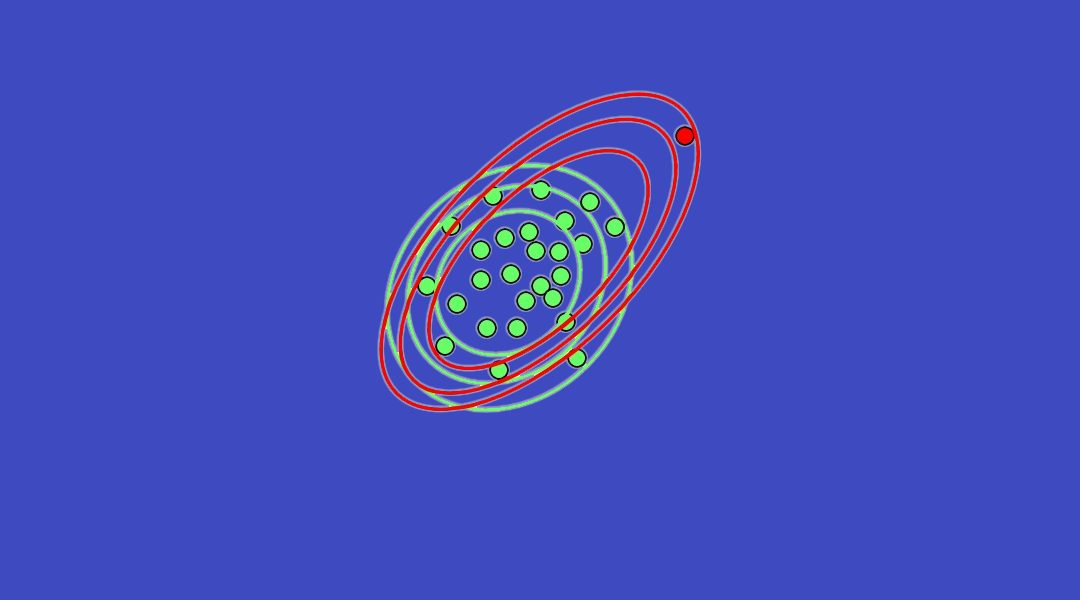
Data mining and statistics, the roots and the path of development of statistical outlier detection and of database‐related data mining methods for outlier detection.
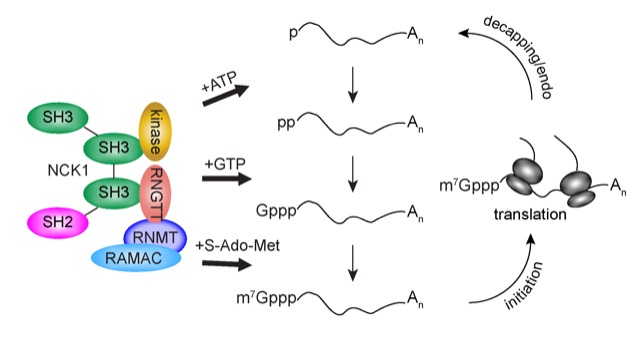
Mammalian cells are capable of recapping mRNAs that have lost their caps.

Sequencing of the human genome led to the surprising discovery that we do not have many more protein coding genes than presumably simpler organisms.
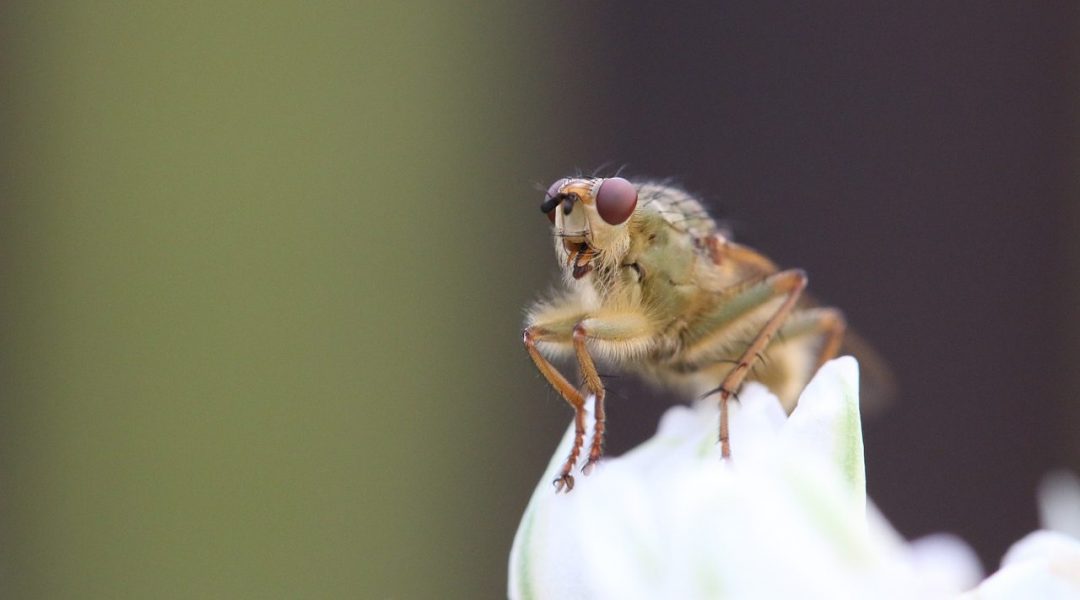
The key players within the pathways of RNA decay are well conserved with their mutation or disruption resulting in distinct phenotypes as well as human disease.
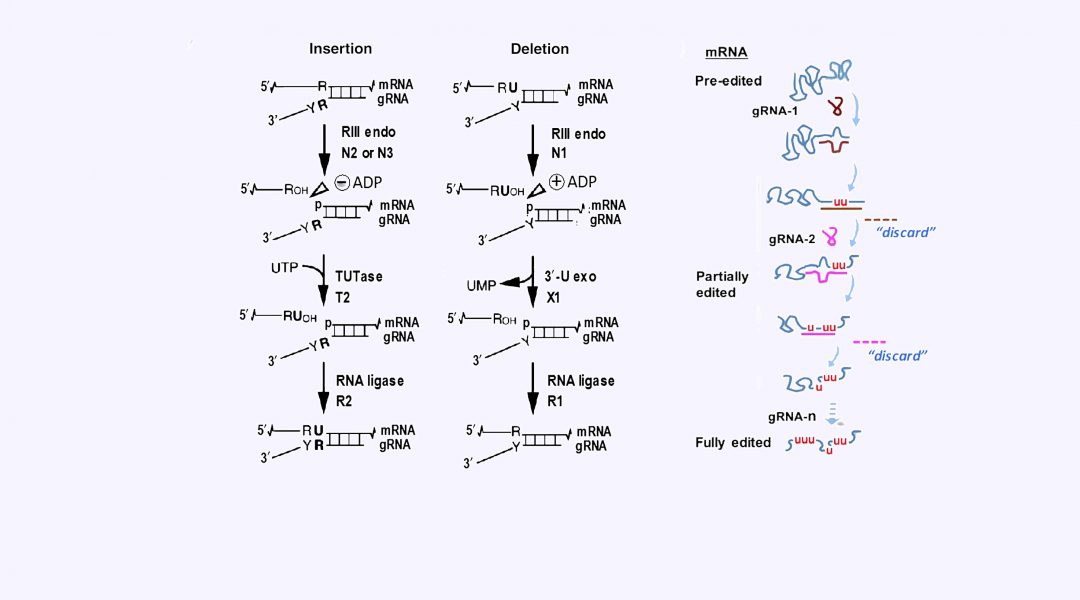
Specific examples of complex variants, differential effects of editing proteins on the mRNAs within and between T. brucei life stages, and possible control points in the holo-editosomes are examined.
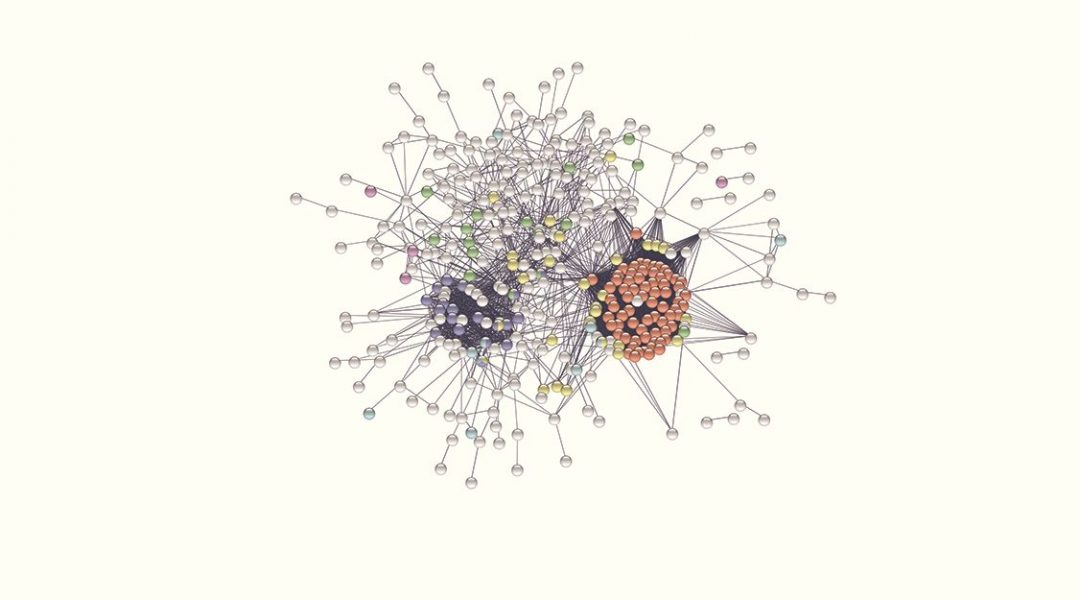
Recent proteome‐wide approaches have greatly expanded the census of RNA‐binding proteins, discovering hundreds of proteins that interact with RNA through unconventional RBDs.

Despite massive growth in nanomedicine research to date, the field still lacks fundamental understanding of how certain physical and chemical features of a nanoparticle affect its ability to overcome biological obstacles in vivo and reach its intended target.
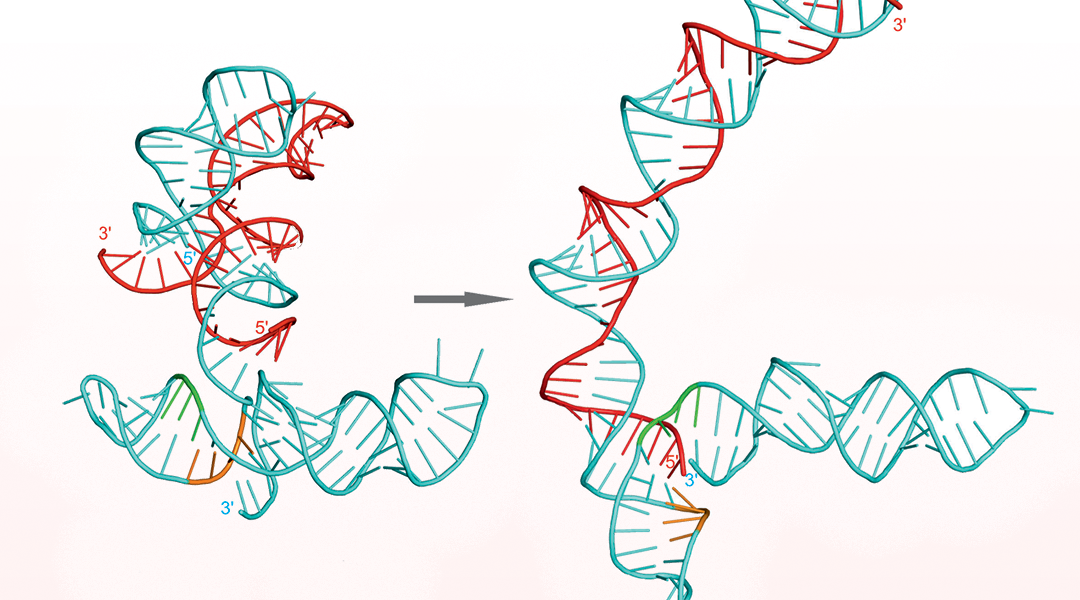
Bacterial plasmids constitute a wealth of shared DNA amounting to about 20% of the total prokaryotic pangenome. Plasmids replicate autonomously and control their replication by maintaining a fairly constant number of copies within a given host. Plasmids should acquire a good fitness to their hosts so that they do not constitute a genetic load.